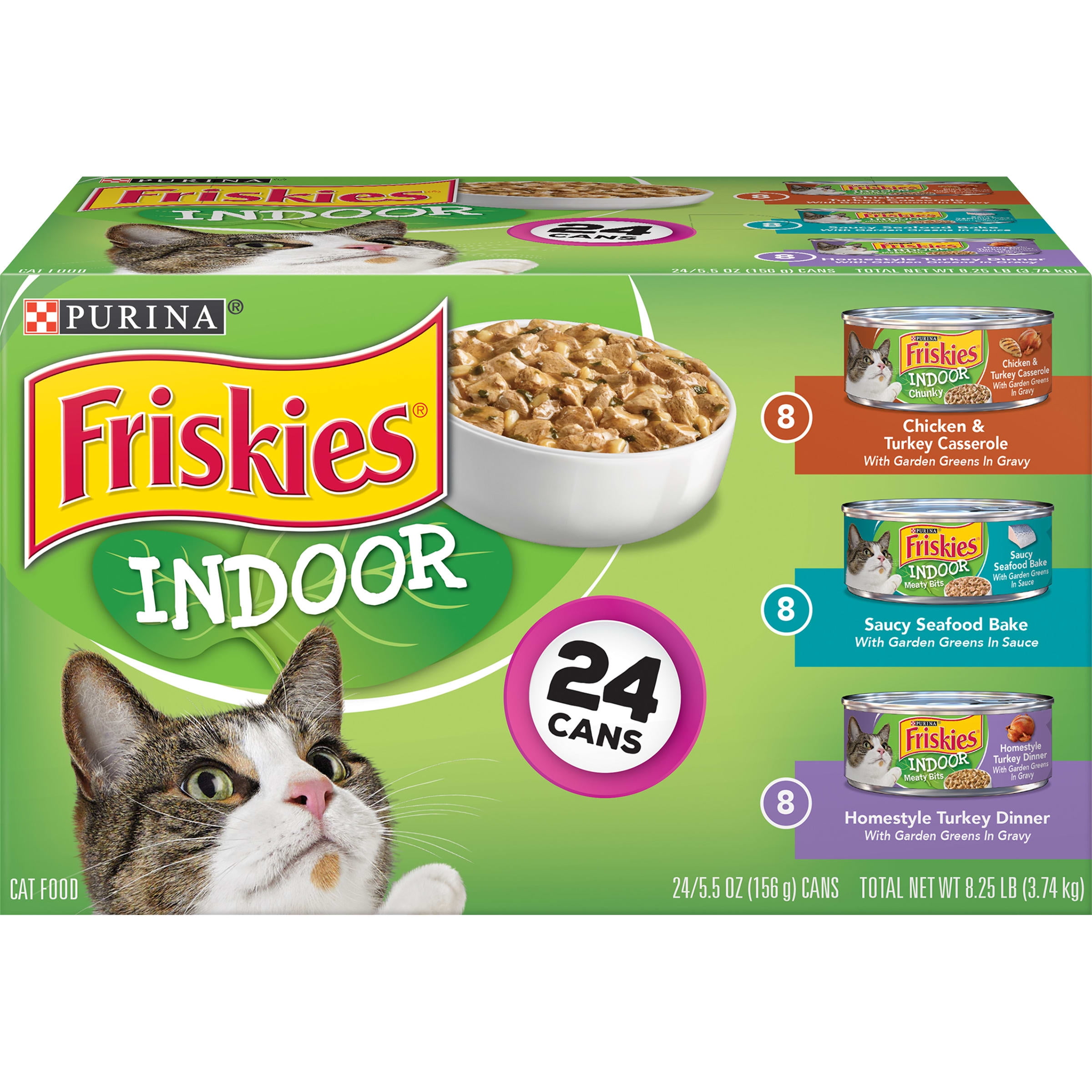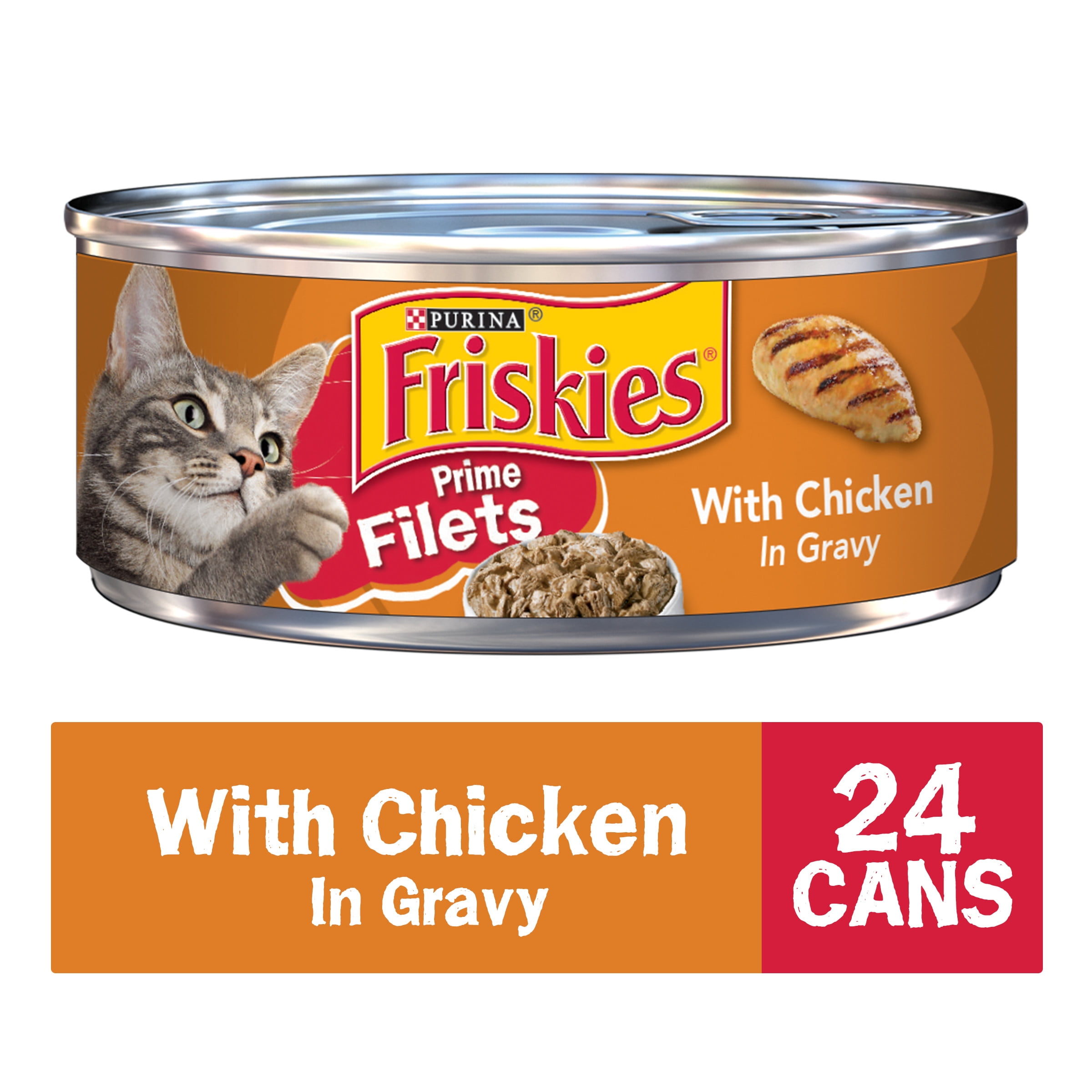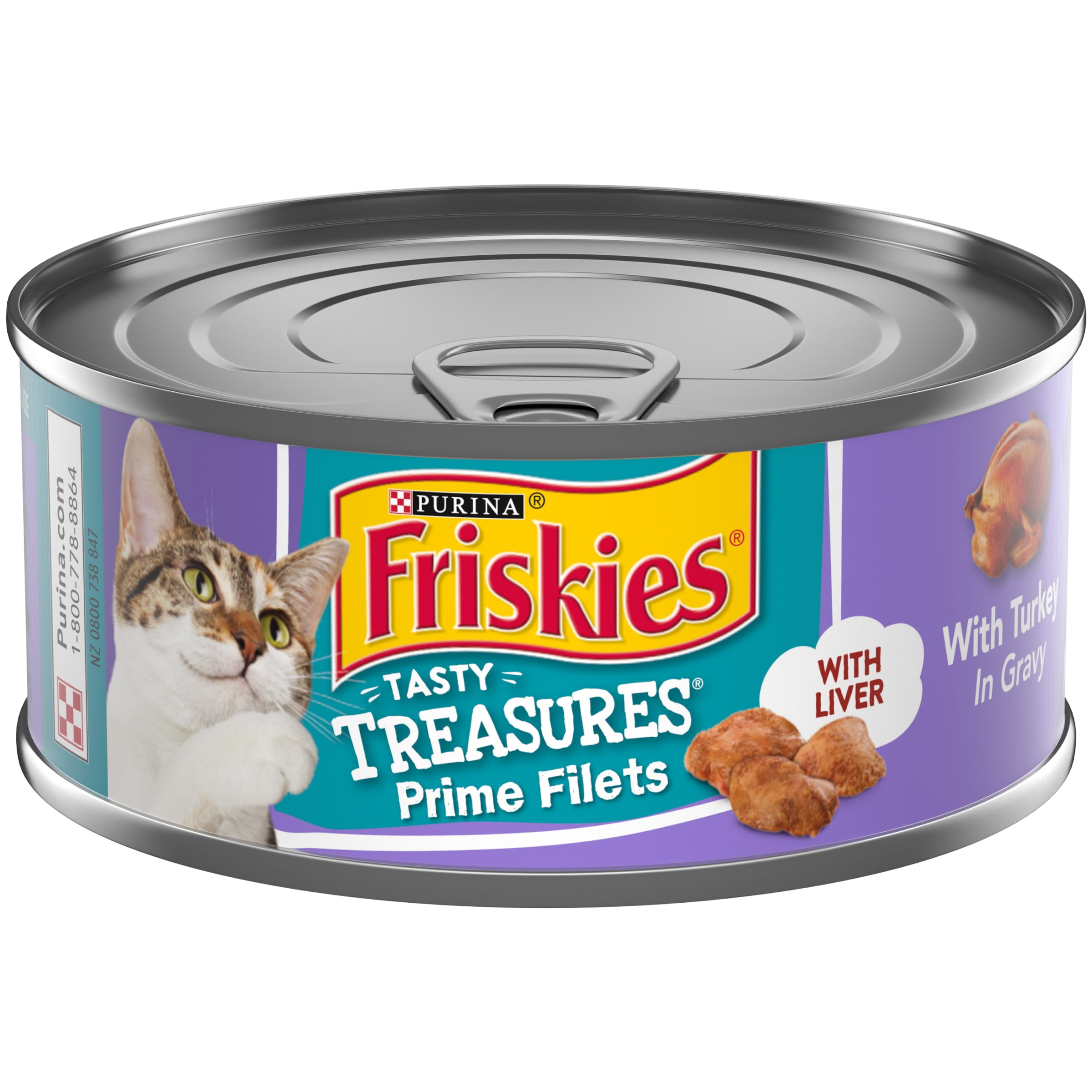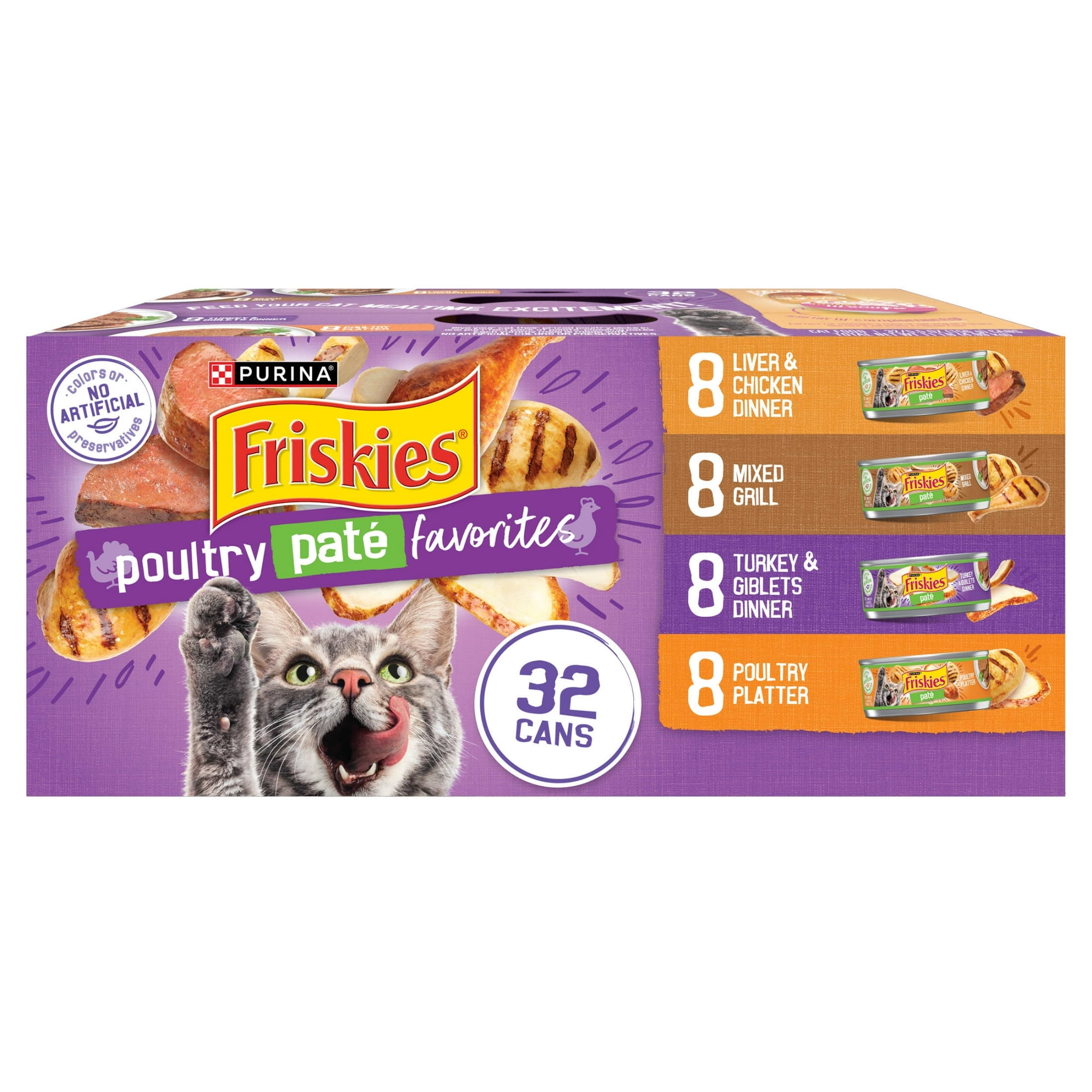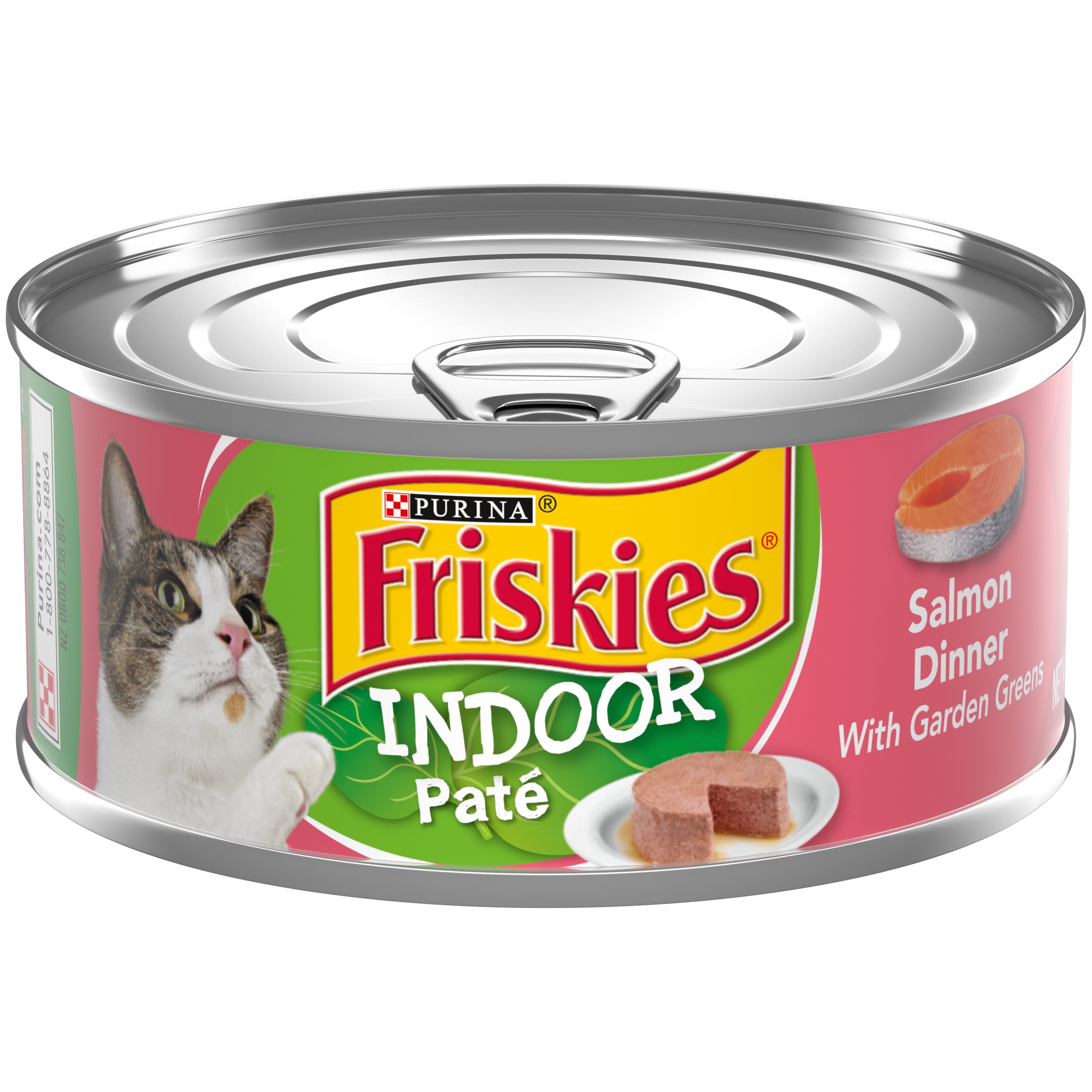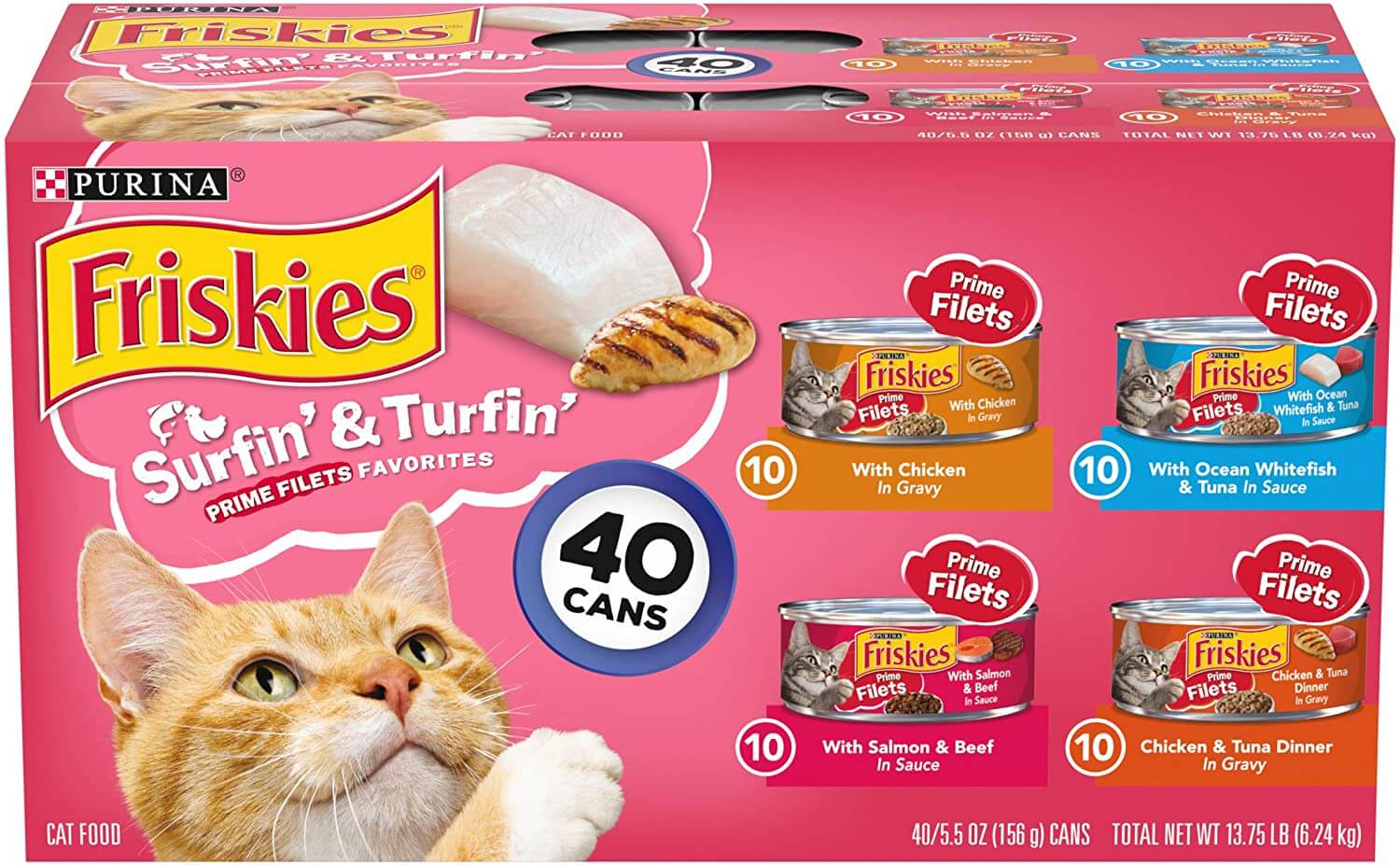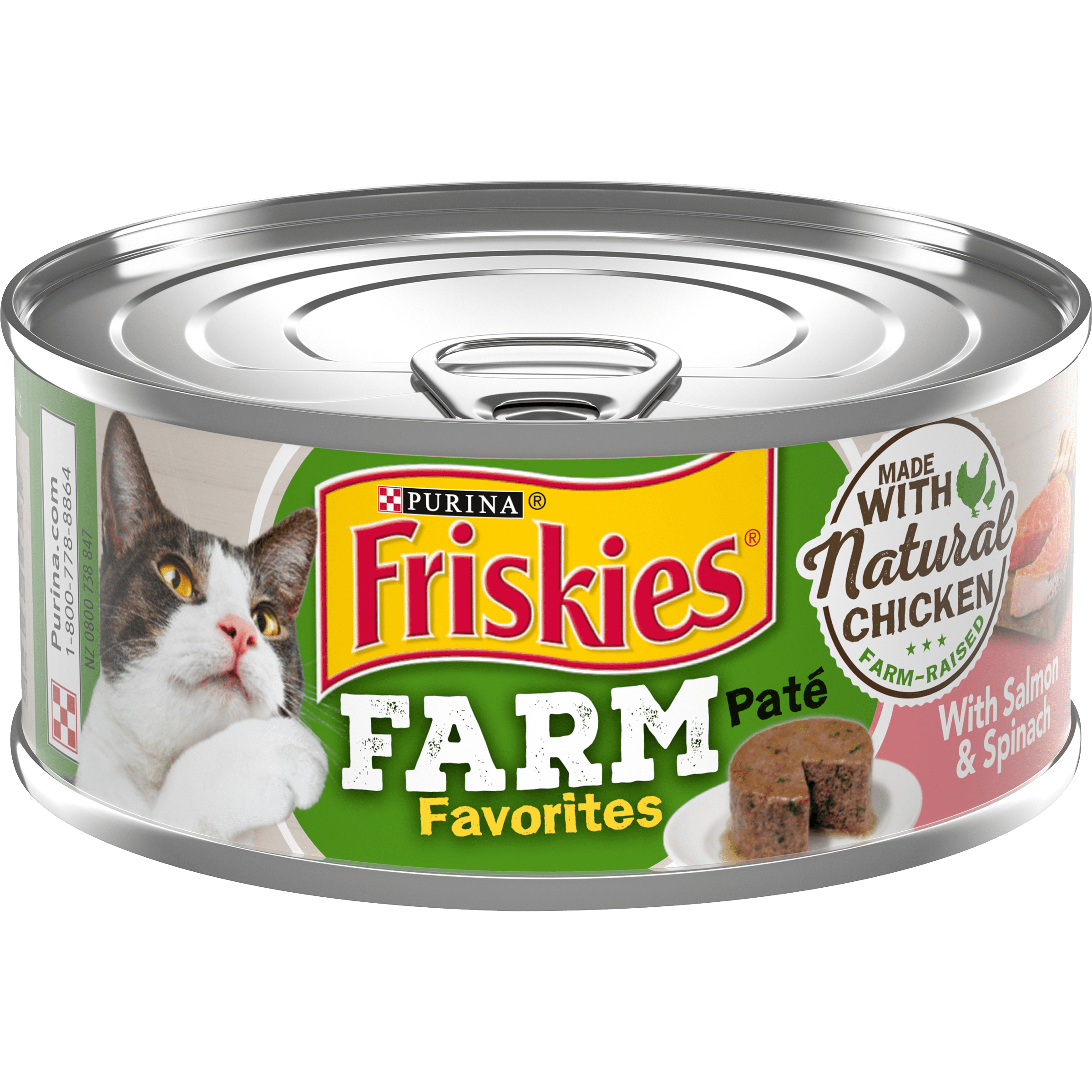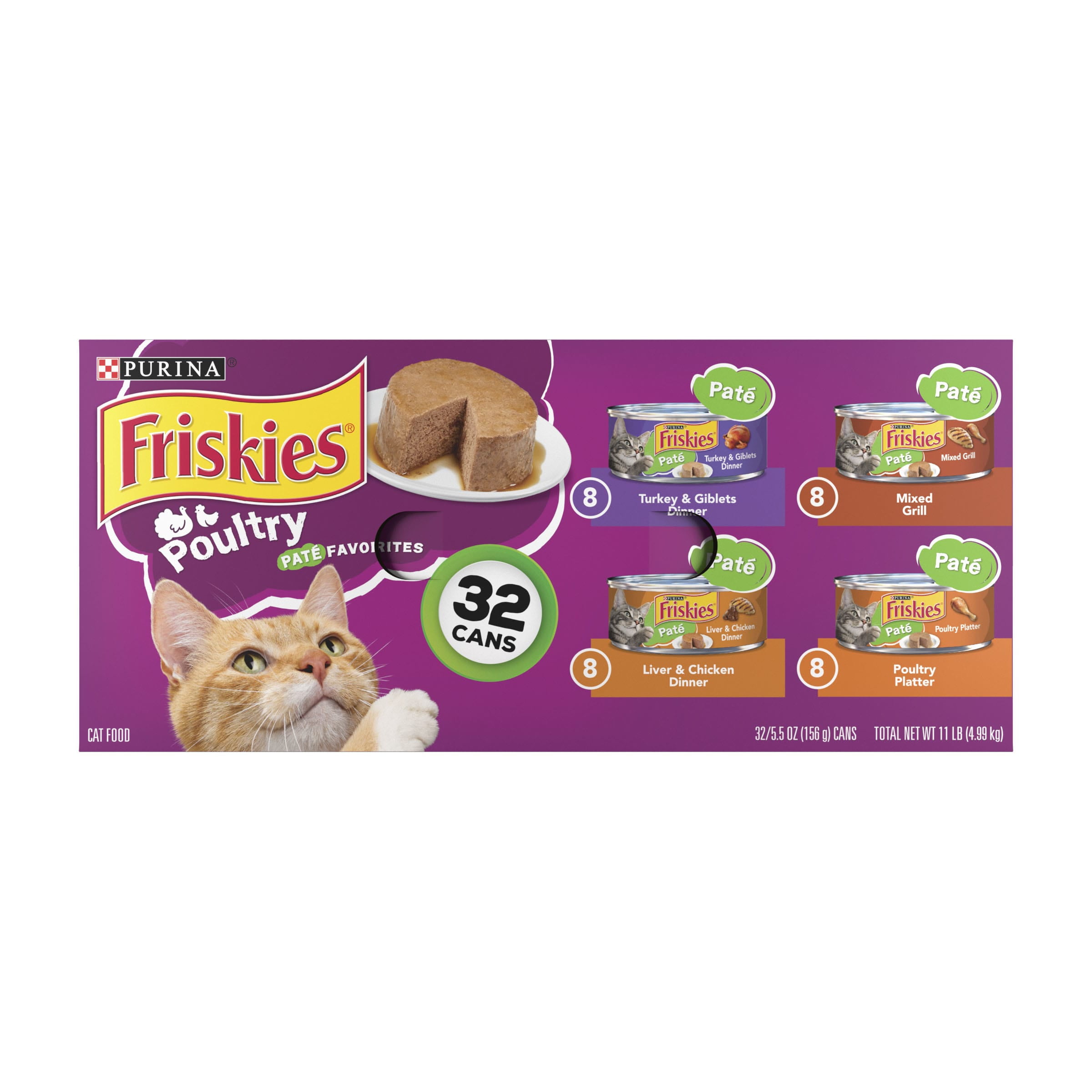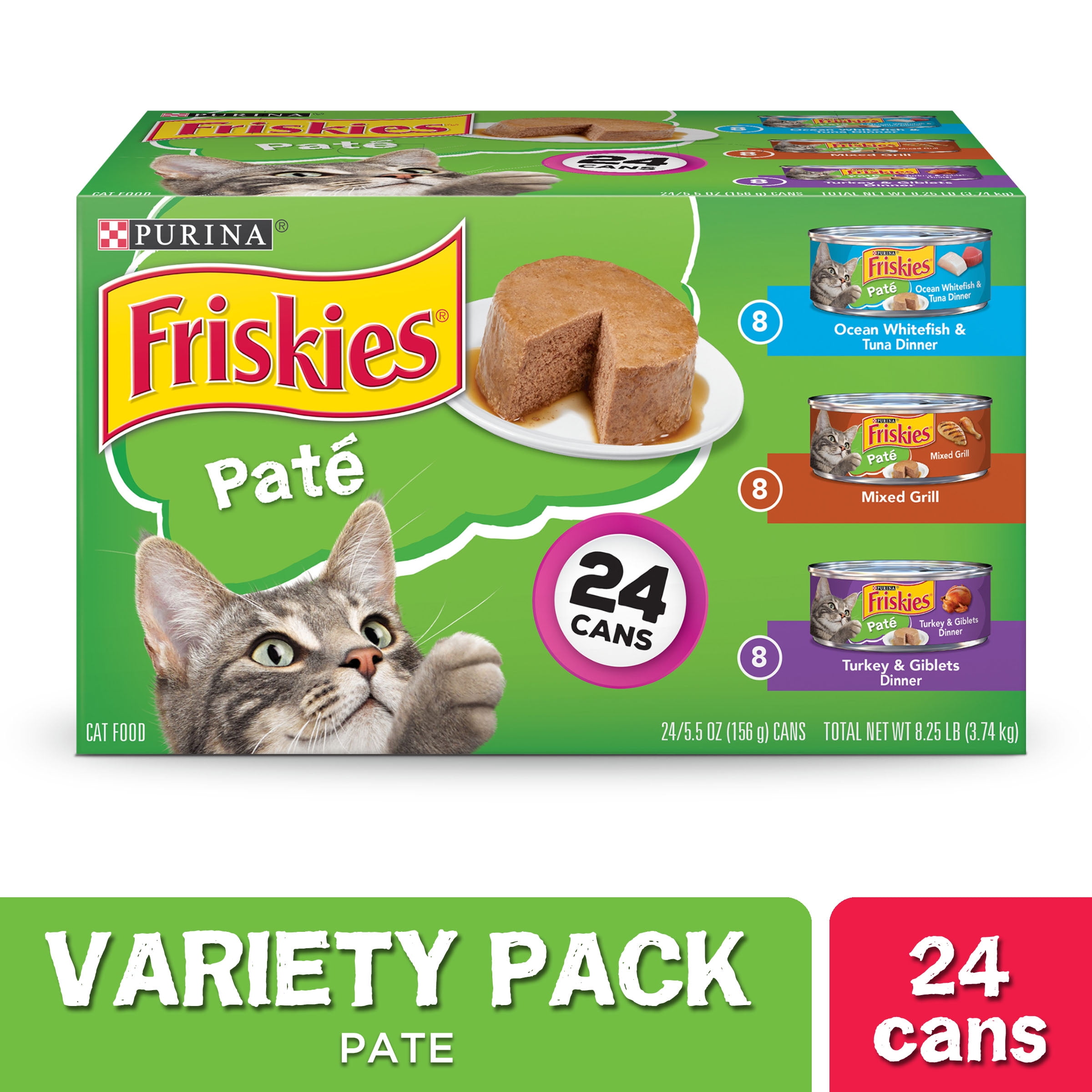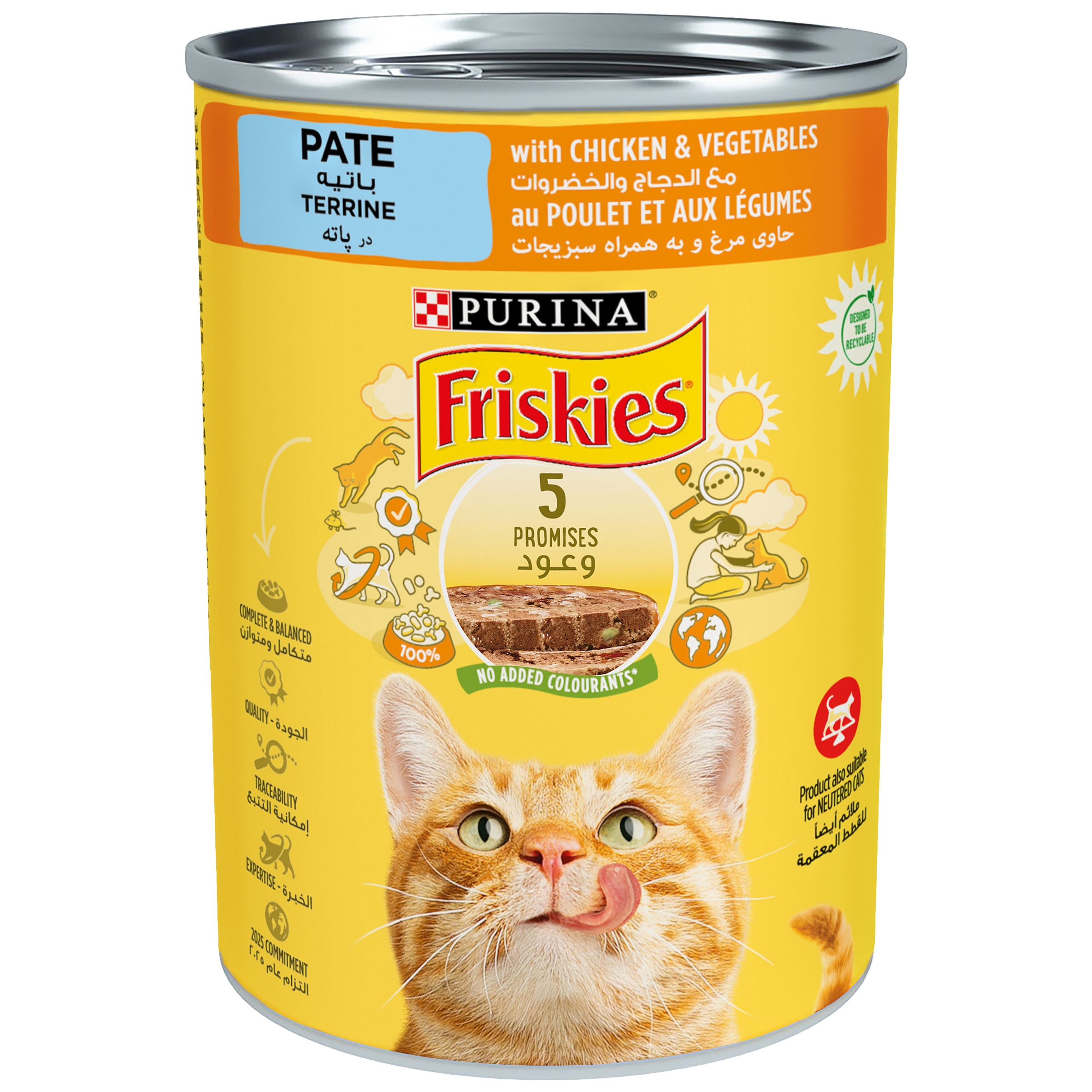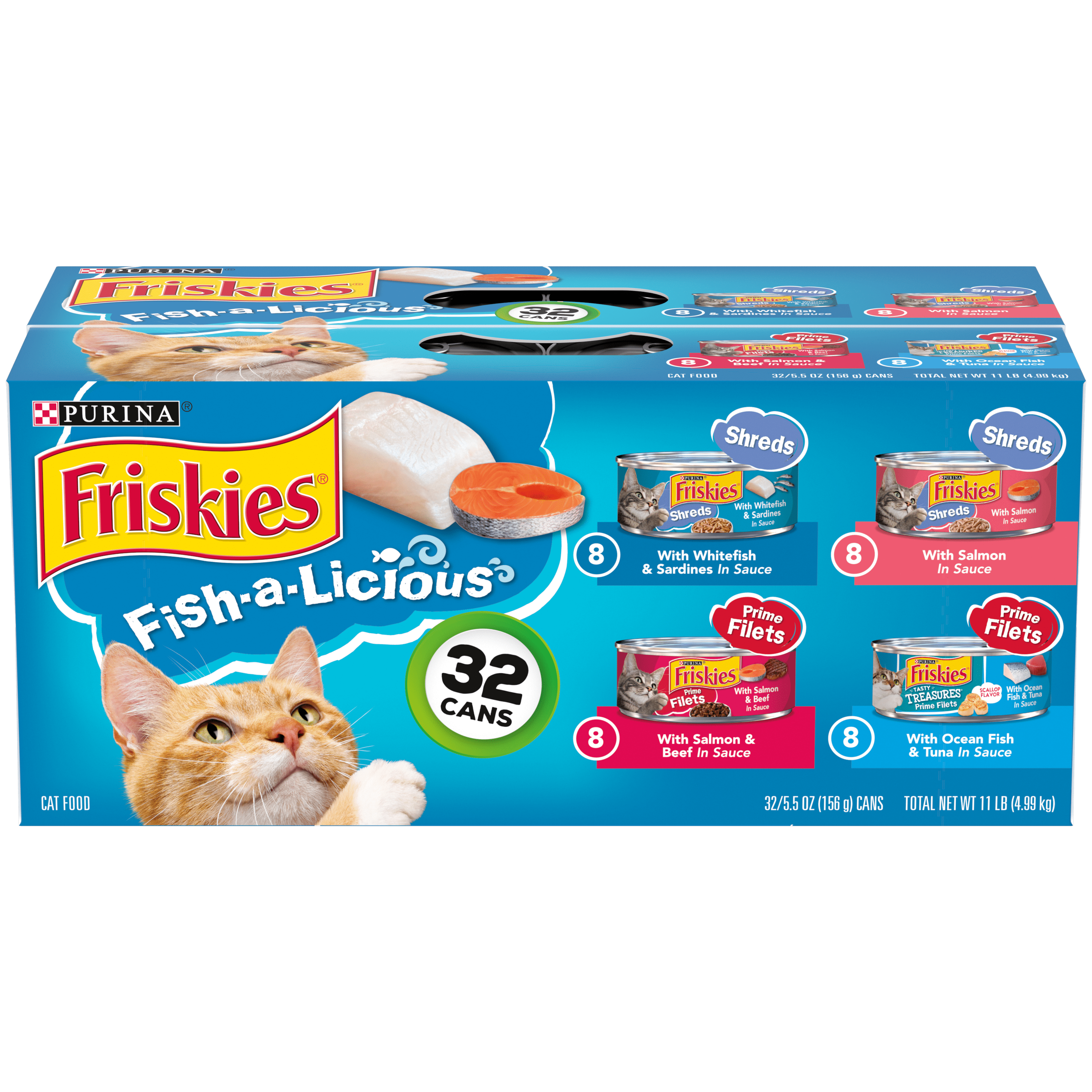Is Friskies Canned Food Good For Cats
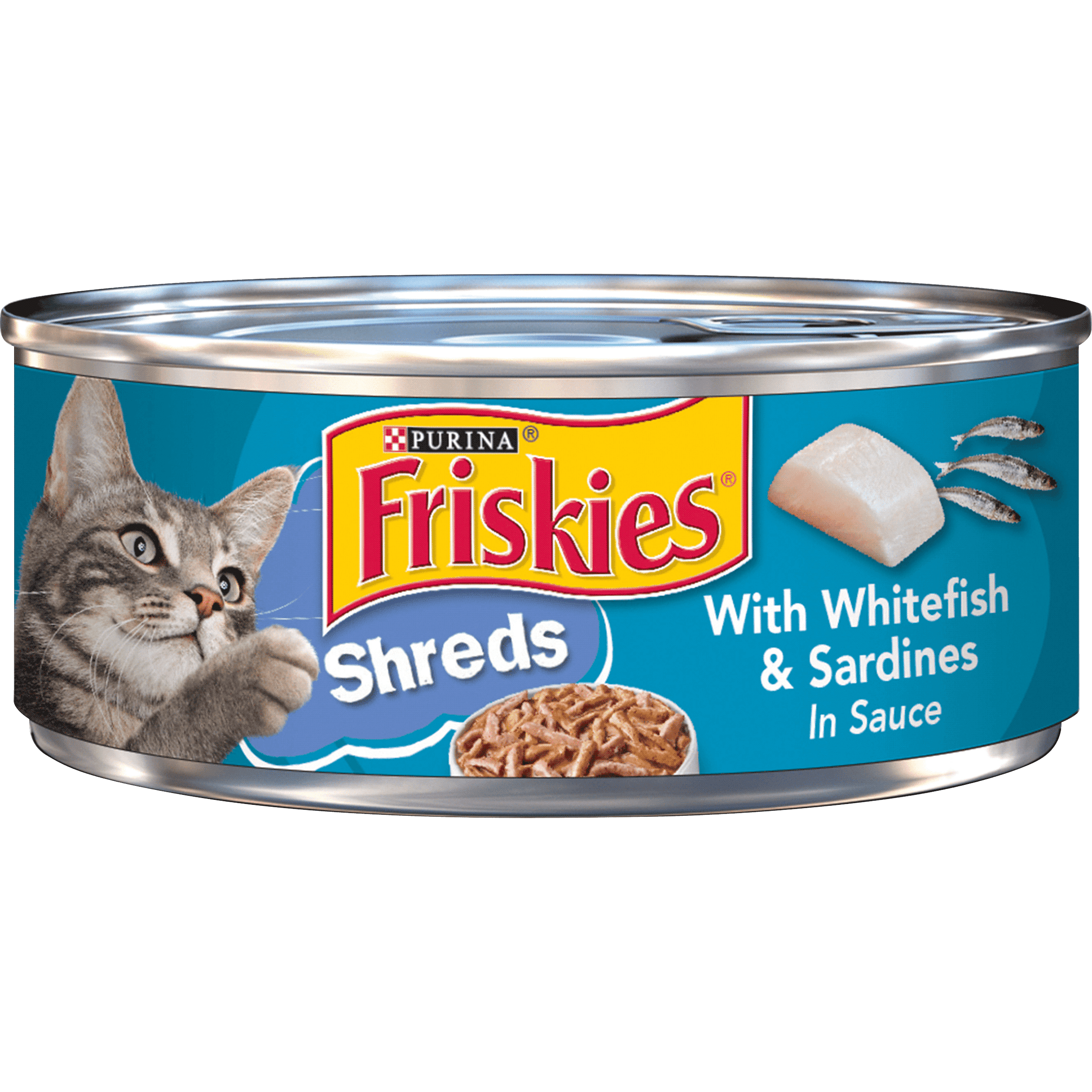
The grocery store aisle overflows with feline fare, promising optimal health and irresistible flavor. Among the prominent brands vying for a place in your cat's bowl is Friskies, a name synonymous with affordable and widely available cat food. But beneath the vibrant packaging and tempting aromas, a critical question persists: is Friskies canned food genuinely good for your cat?
This article delves into the nutritional profile of Friskies canned cat food, examining its ingredients, potential benefits, and drawbacks, drawing on expert opinions and scientific understanding. We aim to provide cat owners with the information needed to make informed decisions about their feline companions' diets, beyond just price and marketing appeal.
Understanding the Nutritional Needs of Cats
Cats are obligate carnivores, meaning their bodies are designed to thrive on a diet primarily composed of animal protein. They require specific nutrients, such as taurine and arachidonic acid, which are primarily found in animal-based sources. A deficiency in these essential nutrients can lead to serious health problems.
A balanced cat food should provide adequate protein, moderate fat, and minimal carbohydrates. It should also contain essential vitamins and minerals, including those vital amino acids. The Association of American Feed Control Officials (AAFCO) establishes guidelines for pet food nutrient profiles, serving as a benchmark for nutritional adequacy.
Analyzing Friskies Canned Food Ingredients
Friskies canned food generally lists meat by-products, poultry by-products, and meat as primary ingredients. These by-products, while often viewed negatively, can provide protein and essential nutrients. However, the specific quality and source of these ingredients can vary, making it difficult to assess their nutritional value definitively.
Many Friskies formulas also include grains like corn or soy, as well as artificial colors, flavors, and preservatives. These ingredients are often used to enhance palatability and reduce production costs. However, some cats may be sensitive or allergic to certain grains or artificial additives.
The presence of added sugars, like dextrose, in some varieties raises concern. While added sugars can enhance flavor, they are not a natural component of a cat's diet and can contribute to health problems like obesity and diabetes, if consumed in excess, over time.
Potential Benefits and Drawbacks
One of the main advantages of Friskies canned food is its affordability and accessibility. Its wide availability makes it a convenient option for many cat owners, particularly those on a budget. The moisture content of canned food is also beneficial, promoting hydration and supporting urinary tract health.
However, the quality of ingredients and the inclusion of fillers and artificial additives are potential drawbacks. The reliance on by-products instead of whole meat sources can raise concerns about the bioavailability of nutrients. Also, some cats may experience digestive issues or allergic reactions to the grains or artificial ingredients present in some formulas.
Expert Opinions and Scientific Perspectives
Veterinarians and animal nutritionists often recommend choosing cat food with clearly defined ingredients and a higher proportion of animal-based protein. Many prefer brands that use whole meat sources rather than by-products as the primary protein source. They also advise owners to be wary of excessive fillers and artificial additives.
Dr. Emily Carter, a board-certified veterinary nutritionist, notes,
"While Friskies can provide basic nutritional needs for some cats, it's essential to carefully examine the ingredient list and consider the overall quality of the food. If a cat has specific dietary needs or sensitivities, a higher-quality food with more transparent ingredient sourcing is often recommended."
Scientific studies on cat food have shown that diets rich in animal protein and low in carbohydrates are generally more beneficial for feline health. These diets support optimal muscle mass, energy levels, and metabolic function. Brands offering more targeted nutrition may serve cat's better in the long run.
Making Informed Choices
Ultimately, the decision of whether to feed your cat Friskies canned food depends on various factors, including your cat's individual needs, health status, and your budget. If your cat is healthy and thriving on Friskies, it may be a suitable option. However, it's crucial to monitor your cat for any signs of digestive issues, allergies, or weight gain.
Consider consulting with your veterinarian to discuss your cat's specific dietary needs and determine the best food for their overall health and well-being. Reading product reviews, comparing ingredient lists, and carefully monitoring your cat’s health can ensure a better quality of life for your furry friend.
Looking Ahead
The pet food industry continues to evolve, with increasing demand for higher-quality, natural ingredients. As consumer awareness grows, manufacturers like Nestlé Purina, the parent company of Friskies, may adapt their formulas to meet these demands. Keeping up with evolving research and carefully observing your cat’s health remains crucial for informed pet owners.
